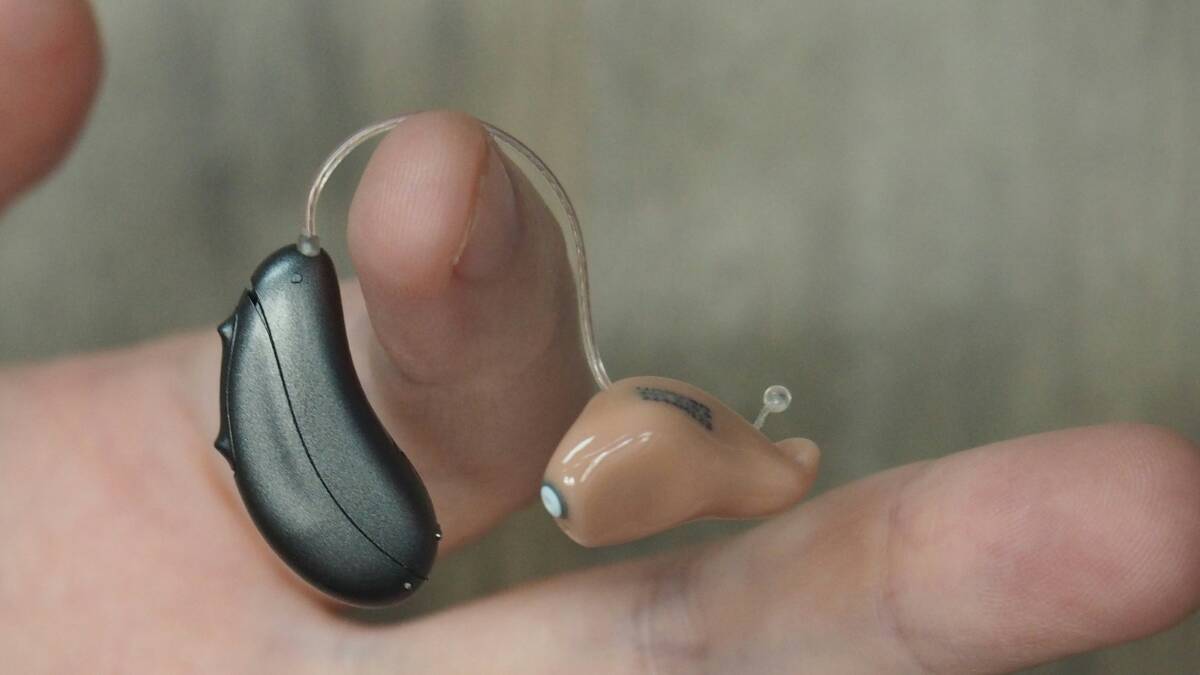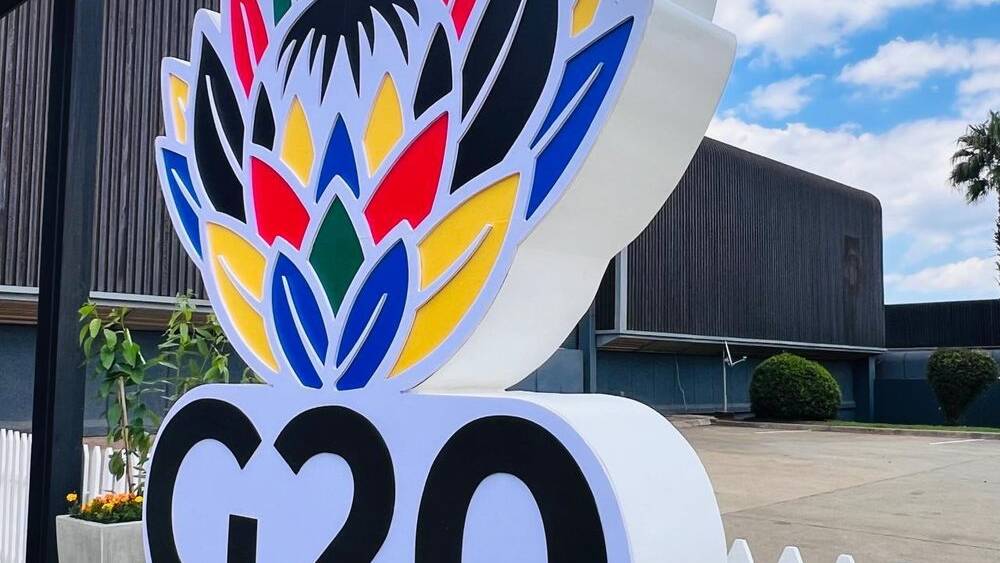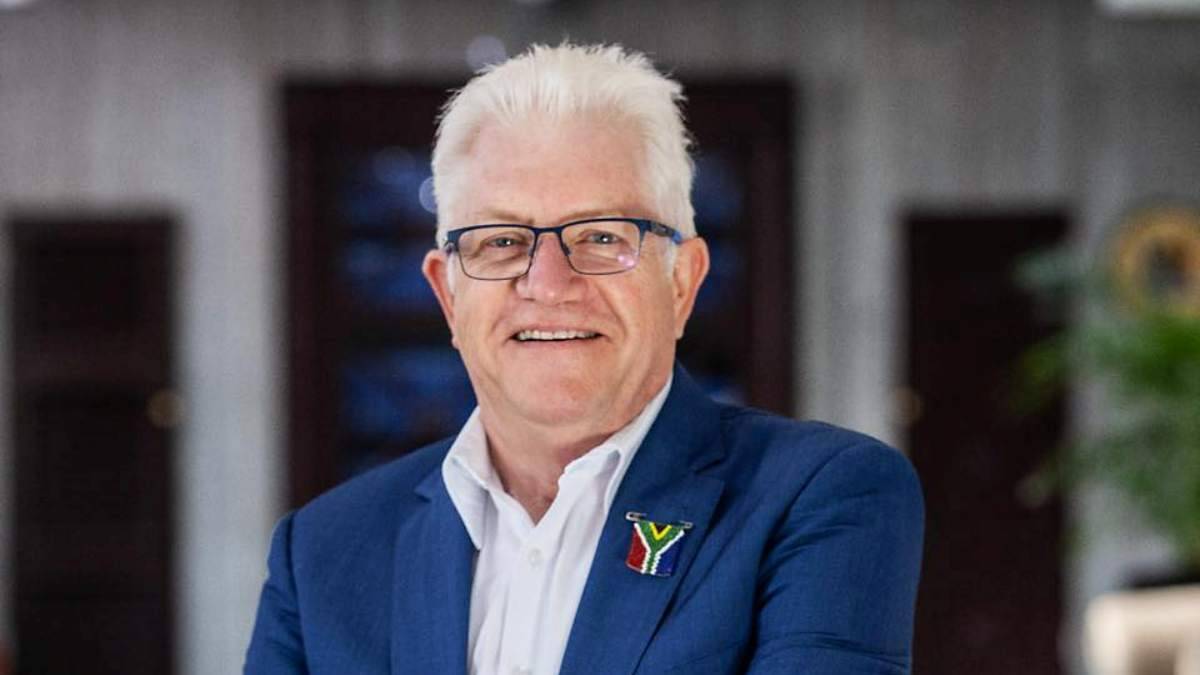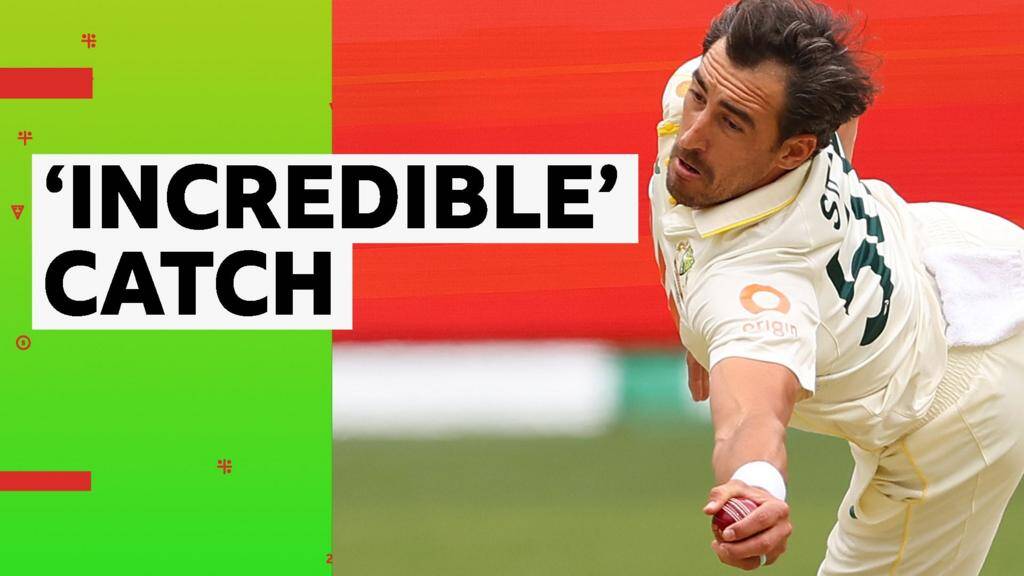The System Is Failing Us — And We’re Still Expected to Give Thanks
Medium | 27.11.2025 23:18
The System Is Failing Us — And We’re Still Expected to Give Thanks
4 min read
·
Just now
--
I’m sitting in the car on the way to New York for Thanksgiving, staring out the window, and the only thought echoing in my mind is: What the hell is there to be thankful for this year?
Yes, I’m grateful for the things that truly matter — my parents, my best friends, my pets, my experiences. But when someone asks, “What are you most thankful for?” my brain can’t help drifting to a darker truth: how do you practice gratitude in a country that feels built to fail you?
Because let’s be honest — unless you’re in the top one percent, the United States isn’t exactly set up to support you. Over the past decade, tax cuts have disproportionately benefited the wealthiest households, especially that top 1%, while the bottom 60% received only a fraction of the gains. The system rewards those already on the highest rung and leaves everyone else scrambling.
Meanwhile, the average person has no idea what’s actually happening behind the scenes. Many don’t want to know. They take whatever the news tells them as fact, unaware that politicians and wealthy interests often shape narratives by funding “favorable” coverage. Finding an unbiased news source in 2025 is almost impossible.
And then there’s the personal side of it — the everyday suffering people quietly carry. I was diagnosed with ADHD, which explains why my mind runs too fast sometimes, spiraling into worst-case scenarios.
Medication helped me immensely. But I don’t have health insurance. I didn’t even know I needed to secure my own coverage until my mom dropped me at eighteen.
So there I was — working two exhausting jobs from 4:30 a.m. to 7 p.m., getting denied from insurance applications, getting sick from stress, and watching myself burn out. Eventually I snapped. I quit. I left.
Puerto Rico saved me. I lived in a hostel for six months after this, and it became the highlight of my life so far. I’m almost afraid of how much I miss it. But that experience also made something painfully clear: the system here pushes people until they break.
More than 1 in 5 U.S. adults — roughly 59 million people — live with a mental illness. And many never receive treatment. Why? Because they can’t afford it. Research shows that people with medical debt are five times more likely to skip mental-health care the next year. Not because they don’t need help — but because the system puts a price tag on survival.
So how is a twenty-year-old woman, just trying to figure out life for the first time, supposed to navigate insurance, medical costs, rent, food, and everything else — without support, without money, and without a safety net? I worked hard. I still fell through the cracks.
And it’s not just me.
People around the country are drowning in medical bills, suffocating under rising costs, battling mental illnesses without resources, and working themselves into the ground just to stay barely alive. Unless you’re wealthy or backed by a trust fund, life becomes an endless cycle of grinding, saving, sacrificing, and still not having enough to enjoy the present.
We all die with nothing but our memories. Yet society forces us to grind for a future we might not even live to see.
Death is unpredictable. Accidents happen. Illnesses happen. Violence happens. And violence is rising— gun violence, hate crimes, random public attacks. People are angry, desperate, or unchecked.
Somewhere in the world, someone is starving, someone’s rights are being stripped away, and kids are suffering. And here, in this “great” country, we juggle distractions like a circus while real crises unfold behind the curtain.
So no — I don’t dream of making millions. I dream of making enough. Enough to live. Enough to breathe. Enough to exist without fear of losing everything the moment I get sick.
Because right now in America, your ability to stay alive is directly tied to your bank account. If you don’t have money, you don’t get care. You don’t get medication. You don’t get a fair shot. People lose their homes trying to pay off medical bills. Families fall into poverty because someone got sick.
And then, every November, we’re expected to sit around a table and say what we’re thankful for.
I’ll tell you what I’m thankful for: the few people and experiences that kept me alive in a system that
wasn’t built to protect me.
But I’m also thankful for the clarity to see that the system is broken. And the courage to say it out loud.
Sources
• Center on Budget and Policy Priorities (CBPP): Tax cuts over the last decade disproportionately benefited the top 1% of households.
• National Institute of Mental Health (NIMH): Over 59 million U.S. adults live with mental illness.
• Johns Hopkins Bloomberg School of Public Health: People with medical debt are five times more likely to skip mental-health care.
• Gun Violence Archive & FBI: Data showing rising rates of gun violence and hate-motivated attacks.
• Kaiser Family Foundation: Documented cases of medical debt leading to housing loss and poverty.









